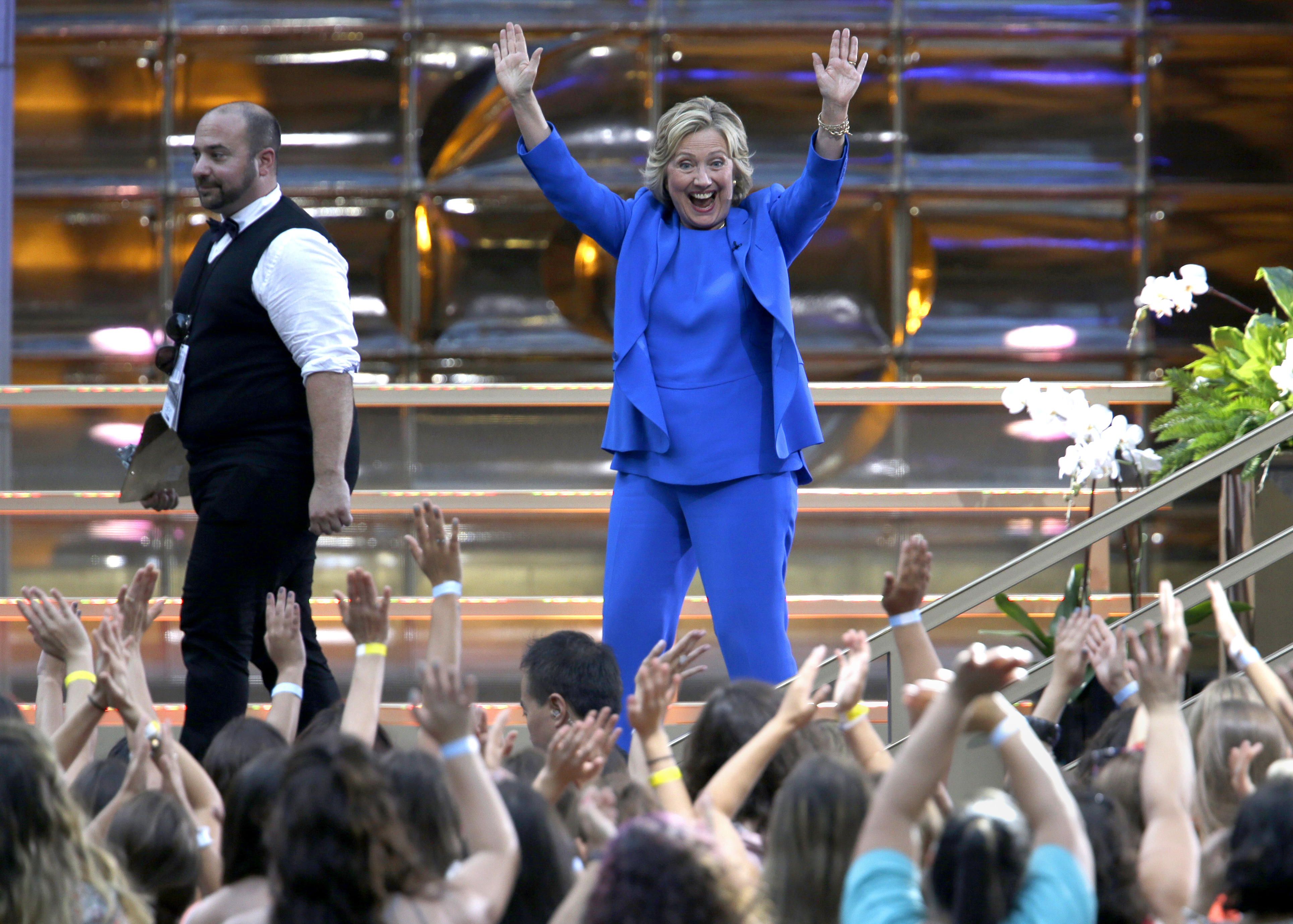Clinton seeks to reassure Iran deal skeptics with tough talk
WASHINGTON: Hillary Rodham Clinton will argue that the US must be "clear-eyed" about the nuclear deal with Iran in a speech on Wednesday, stressing that President Barack Obama's landmark agreement must be enforced with "vigor and vigilance" and is not a step toward normalizing relations with America's longtime enemy.
Speaking at a Washington think tank, Clinton plans to hail the agreement as part of a larger Middle East strategy before offering a five-point plan for countering Iran's influence in the region.
"This isn't the start of some broader diplomatic opening," Clinton will say, according to excerpts of her remarks provided by her campaign. "And we shouldn't expect that this deal will lead to a broader change in their behavior. That shouldn't be a premise for proceeding."
Her remarks come a day after Democrats clinched the crucial votes needed to block passage of a disapproval resolution against the Iran nuclear accord, an outcome that would be a major win for the White House against united Republican opposition.
But much of the responsibility for enacting the agreement will fall on the next administration, making the issue likely to linger in the coming presidential election. The deal would require Iran to dismantle most of its nuclear program for at least a decade in exchange for billions of dollars in relief from international sanctions.
Republicans are seizing on opposition to the deal among much of Congress and many American Jews to attack Clinton, frequently casting it as a key plank of an "Obama-Clinton foreign policy." A new Pew survey released on Tuesday found that just 21 percent of Americans approved of the deal — a 12 point drop since mid-July.
While her work on the agreement as Secretary of State inextricably links her record with that of the president, Clinton will try to reassure skeptics by staking out a tougher position on enforcement.
In her remarks, Clinton will threaten serious penalties for violating the deal — consequences that she's previously said could include military action. She'll call for expanding the US military presence in the Persian Gulf and increasing support to Israel and other allies in the region. Clinton will also propose building a coalition to crack down on weapons shipments to Hamas, counter the terrorist organizations funded by Iran, like Hezbollah, and press countries in the region to block the military ships and aircrafts of Iran's elite military unit, the Islamic Revolutionary Guard Corps, from entering their territory.
"It's not enough to just say yes to this deal," she will say on Wednesday. "We have to say 'Yes - and.' Yes, and we will enforce it with vigor and vigilance. Yes, and we will embed it in a broader strategy to confront Iran's bad behavior in the region."
As secretary of state, Clinton helped facilitate the talks that eventually led to the nuclear deal, dispatching a top adviser to participate in the secret meetings with Iran through the sultan of Oman that started the international negotiations.
Since then, she's largely backed the negotiations, staying current with the talks with regular briefings from administration officials, according to aides who spoke on the condition of anonymity because they weren't authorized to publicly discuss private meetings.
Clinton's current support for the deal marks a striking role reversal for the second-time presidential candidate and her long-ago rival. In 2008, she called Obama's offer to meet with Iran's leader without preconditions "irresponsible and, frankly, naive." And when Clinton said she would "obliterate" Iran if the country used nuclear weapons against Israel, Obama likened her "bluster" to the "tough talk" of then-President George W. Bush.
More recently, she's wondered publicly whether a deal would ever take shape. Clinton told an American Jewish organization last year that she was "skeptical the Iranians will follow through and deliver." She said she had "seen many false hopes dashed through the years."






